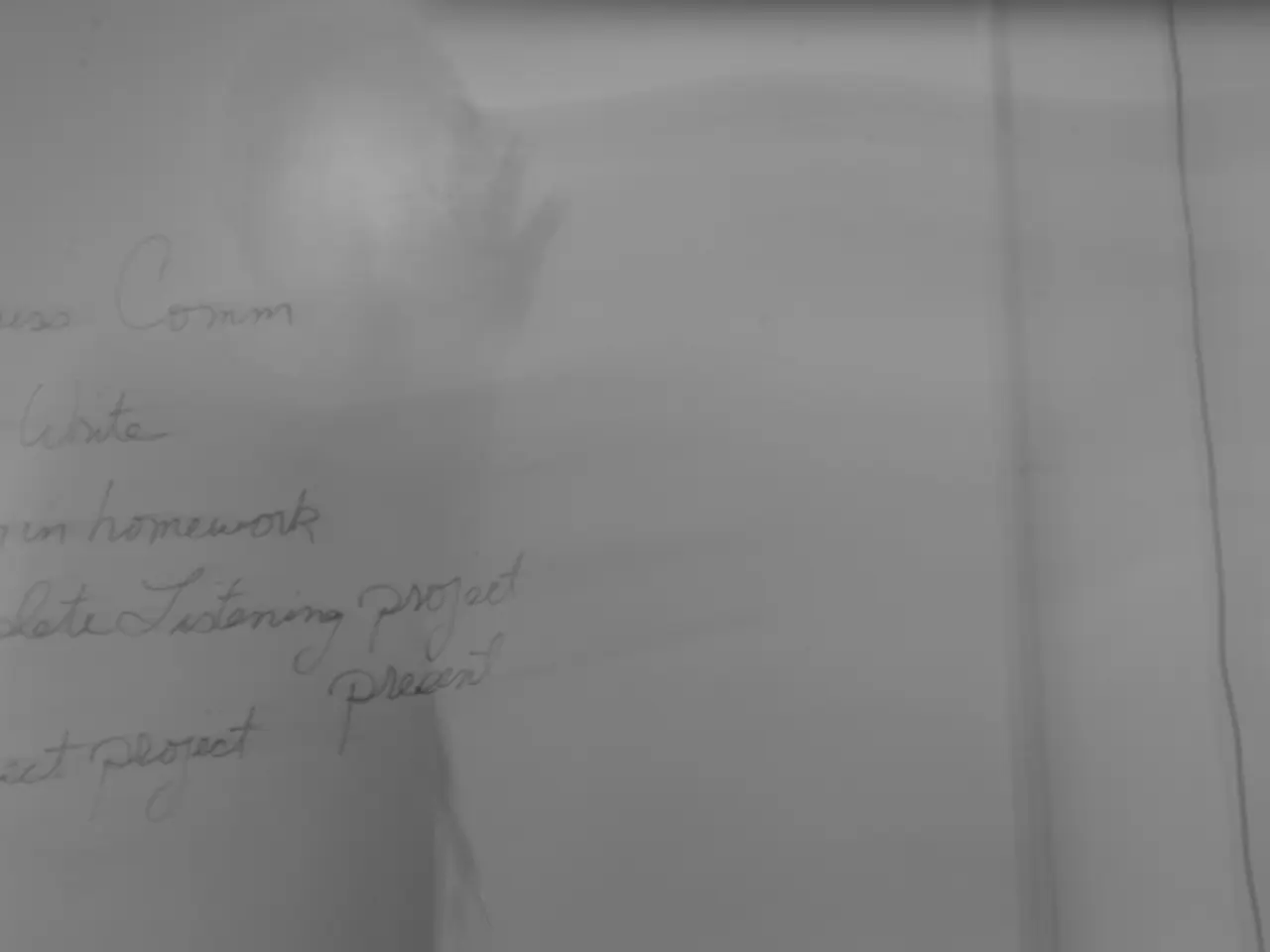Berlin shifts stance in Gaza conflict
Germany has announced a partial halt on exports of military goods to Israel in response to Israel's plans for a major military operation in the Gaza Strip. This suspension prohibits granting permission for any arms exports potentially utilized in Gaza, as a direct response to the ongoing conflict[1][2].
The specific military goods affected include all weapons and military equipment Germany had been exporting to Israel, valued at around €485 million (~$565 million) between October 2023 and May 2025. The halt applies broadly without specifying discrete categories, but it covers any arms that might contribute to the intensified military actions in Gaza[1][2].
Germany is Israel's second-largest arms supplier, so the suspension potentially limits Israel's access to certain advanced German-made weapons and military technology during a critical phase. The halt creates a significant political and psychological impact, as Germany has historically been a staunch ally of Israel, supporting its defense needs rooted in historical responsibility since World War II[1][3].
Chancellor Friedrich Merz, however, has emphasized Israel's right to self-defense and the necessity to disarm Hamas while emphasizing the need for humanitarian aid access in Gaza[1][2]. The supply halt may cause material constraints but does not entirely undermine Israel's broader military strength, as Israel also sources arms from other countries. The move chiefly represents a diplomatic pressure point urging restraint and humanitarian considerations in the Gaza conflict[1][3].
Vice-Chancellor Lars Klingbeil supports Merz's approach, stating that humanitarian aid must be allowed into Gaza as quickly and comprehensively as possible. However, criticism of Merz's announcement comes from various German groups, including the Central Council of Jews in Germany, the Young Union, and CDU MP Johannes Winkel.
Israeli Prime Minister Benjamin Netanyahu has accused the German government of rewarding the Islamic Hamas by imposing a partial arms export ban[1][2]. Netanyahu's office stated that he expressed his disappointment with Chancellor Friedrich Merz in a conversation.
The opposition in Germany, including the Green Party and the Left Party, believes the federal government's policy shift does not go far enough and calls for further steps, such as pushing for a political process, suspending the EU association agreement, and recognizing Palestine[1][2]. Criticism of Merz's announcement also comes from these parties.
The Israeli leadership has decided to escalate the fighting in the Gaza Strip, after hours of deliberations, as announced by Prime Minister Benjamin Netanyahu's office[1][2]. The German government may feel embarrassed by the escalation of the war, as Foreign Minister Johann Wadephul (CDU) warned against the annexation of the West Bank or the Gaza Strip during a visit to Israel and the Palestinian territories a week ago.
[1] https://www.spiegel.de/politik/ausland/israel-gaza-konflikt-deutschland-stoppt-waffenlieferungen-a-213013454.html [2] https://www.tagesschau.de/ausland/israel-gaza-deutschland-waffenlieferungen-101.html [3] https://www.welt.de/politik/ausland/article236582388/Deutschland-stoppt-Waffenlieferungen-an-Israel-fuer-Gaza-Konflikt.html
- Following the German government's announcement of a partial halt on military goods exports to Israel, Germany's decision potentially limits Israel's access to certain advanced German-made weapons and military technology, which are included in the affected military goods.
- The halt on military goods exports by Germany includes all weapons and military equipment that could contribute to intensified military actions in Gaza, making these arms off-limits during the ongoing war-and-conflicts in the region.







